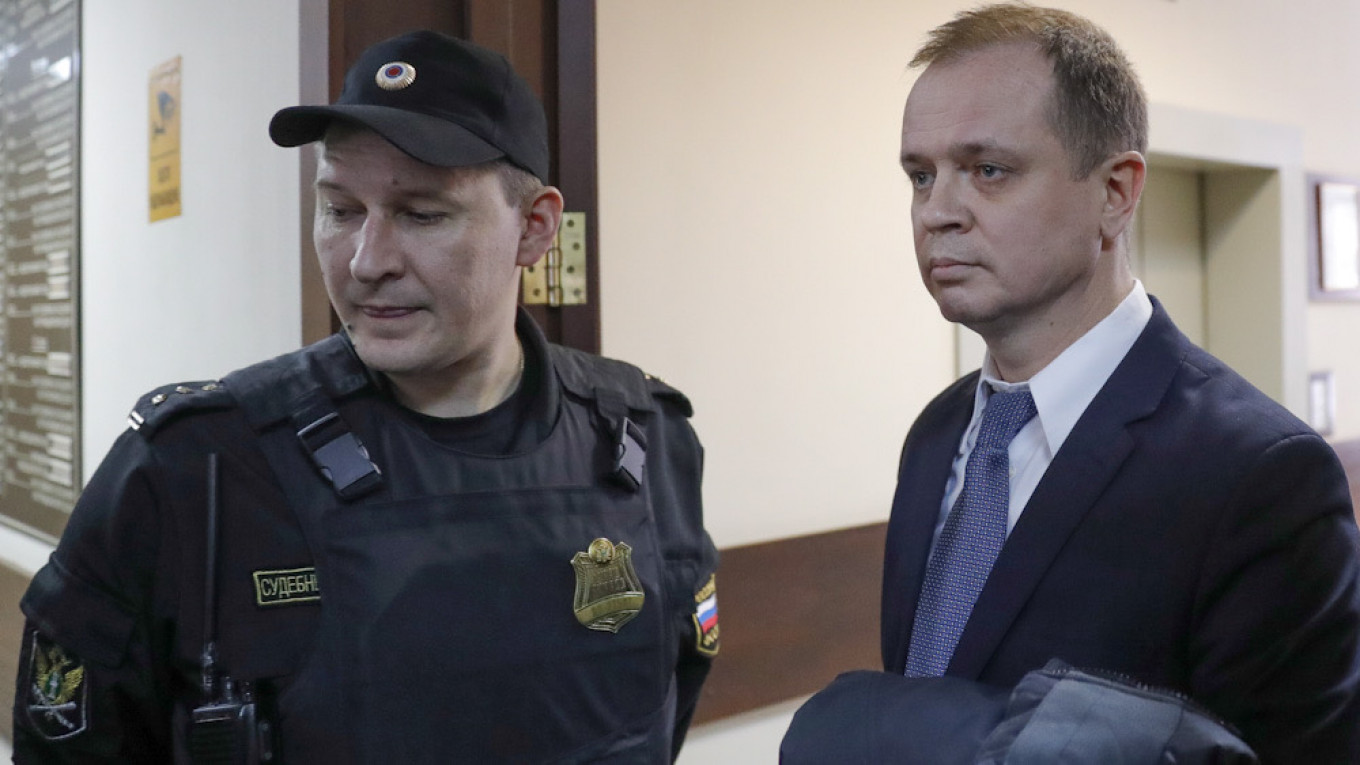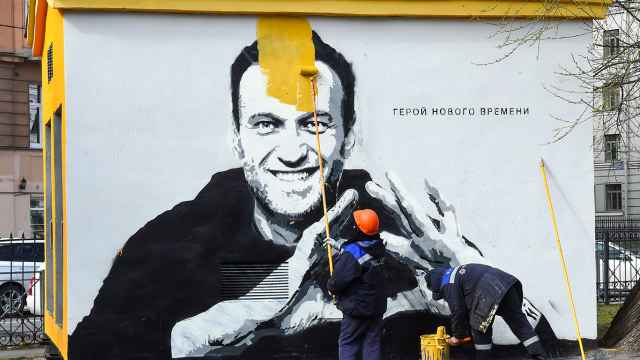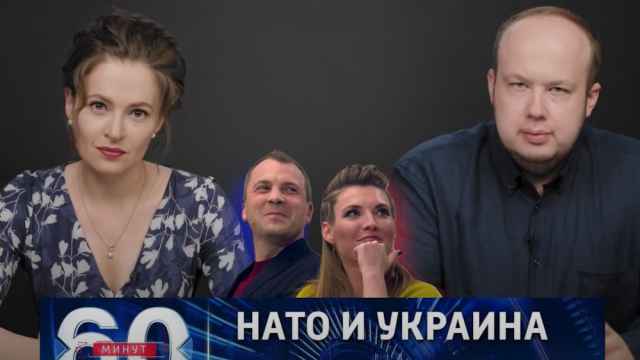With the arrest of lawyer Ivan Pavlov — who represents the Meduza news portal and journalist Ivan Safronov, among others — the Russian authorities have begun a new chapter in their repressive practices. In fact, they have been dusting off long-forgotten articles of the Criminal Code and using them against citizens in new and increasingly creative ways.
Leaders have crippled opposition leader Alexey Navalny’s entire political organization in one fell swoop simply by labeling it as “extremist” under the Criminal Code. That move was so easy and effective that Kremlin leaders are probably wondering why they didn’t do it sooner.
When, in the 1960s, the Soviet power vertical faced increased acts of civil resistance not covered by Article 70 of the Criminal Code — concerning “anti-Soviet agitation and propaganda” that included “undermining or weakening the Soviet authorities” — they also had to get creative to expand the scope of their criminal repression. This led to the introduction of Articles 190-1 and 190-3 that made it possible to punish the growing number of public protests and the spread of “deliberate fabrications that discredit the Soviet state and social system”, even if they lacked the goal of “undermining” the system.
Taking a page from the same playbook, Russia’s current authorities are “breathing new life” into half-dead articles of the Criminal Code, adapting them to criminalize practically every “undesirable” action of not only the opposition, but also of civil activists, journalists and, now, lawyers.
By the way, lawyers for dissidents in Soviet times also feared arrest. The renowned lawyer Sofya Kallistratova would often dress warmly when visiting her incarcerated clients, just in case she was detained as well. Most often, however, the authorities threatened anyone who defended dissidents with expulsion from the legal profession. This happened to Boris Zolotukhin, who had to wait until perestroika to restore his status as a lawyer. Today’s siloviki, by contrast, go straight to the punch, arresting anyone who tries to help a critic of the regime.
First, the authorities persecuted activists. Then they went after journalists. And now, they’ve trained their sights on lawyers. Ask not for whom the bell tolls — it tolls for every Russian, and for the most absurd reasons. As the Stalinists liked to say, “An article (of the Criminal Code) can be found for every person and every occasion.” Today’s authorities even found a way to crack down on the DOXA student newspaper.
Officials have also fine-tuned their law against “foreign agents”, now primarily using it as a tool for suppressing the media, with the Russian-language Meduza portal and Radio Liberty only their most recent victims.
We can only guess how the authorities will apply the law restricting educational activities and what consequences it will have. Their carpet-bombing of anything aimed at enlightenment will have the desired effect: the dumbing-down of a nation whose loyalty they buy through government aid that looks more like handouts. Their selective application of the anti-educational law is leading to the destruction of highly respected and useful projects aimed at improving the intellectual and spiritual health of the country — projects that the authorities had been unable to squash using the law on foreign agents.
Where does this leave us?
First, the authorities have expanded the legal framework for suppressing dissent and civil activism.
Second, they are selectively reviving “dormant” articles of the Criminal Code in order to prosecute the most active and vocal citizens.
Third, they are widening the net of professions they persecute, now including journalists and lawyers.
Fourth, the authorities are suppressing the spread of free thought by labelling independent media outlets as foreign agents and banning their educational activities.
Fifth: As in Soviet times, the repression is carried out with the help of willing flunkies: university rectors who agree to dismiss objectionable professors or expel outspoken students, and employers who will fire employees who take part in anti-government rallies.
Sixth: The repression is clearly intended to intimidate others into silence, especially those who are unhappy with the government but cannot muster the moral courage to protest openly or who fear losing their jobs as a result.
Seventh: The government’s massive propaganda campaign has produced the desired result. According to Levada Center surveys concerning attitudes towards the new laws on foreign agents and educational activities, as well as opposition leader Alexei Navalny and the protests, 40 percent – 50 percent of Russians firmly believe that repressive legislation protects citizens from harmful foreign influence and that Navalny and the protesters supporting him are on the payroll of the West.
This combination of repression and propaganda — where the repression itself is part of the intimidating propaganda — is very effective. However, it irreversibly splits the country into “pure” and “impure” and intensifies the struggle between civil society and the state. In modern society — that has the Internet and ad hoc structures that regularly appear — it is impossible to crush all resistance simply by destroying the “nest” of the opposition. Civil society is not centralized and has no hierarchy. The resistance will therefore continue, even if the authorities force it at least partially underground.
A Message from The Moscow Times:
Dear readers,
We are facing unprecedented challenges. Russia's Prosecutor General's Office has designated The Moscow Times as an "undesirable" organization, criminalizing our work and putting our staff at risk of prosecution. This follows our earlier unjust labeling as a "foreign agent."
These actions are direct attempts to silence independent journalism in Russia. The authorities claim our work "discredits the decisions of the Russian leadership." We see things differently: we strive to provide accurate, unbiased reporting on Russia.
We, the journalists of The Moscow Times, refuse to be silenced. But to continue our work, we need your help.
Your support, no matter how small, makes a world of difference. If you can, please support us monthly starting from just $2. It's quick to set up, and every contribution makes a significant impact.
By supporting The Moscow Times, you're defending open, independent journalism in the face of repression. Thank you for standing with us.
Remind me later.








